London 2012 'corrupted on unprecedented scale' by doping
Second part of McLaren report provides 'incontrovertible' proof of Russia's state-sponsored conspiracy
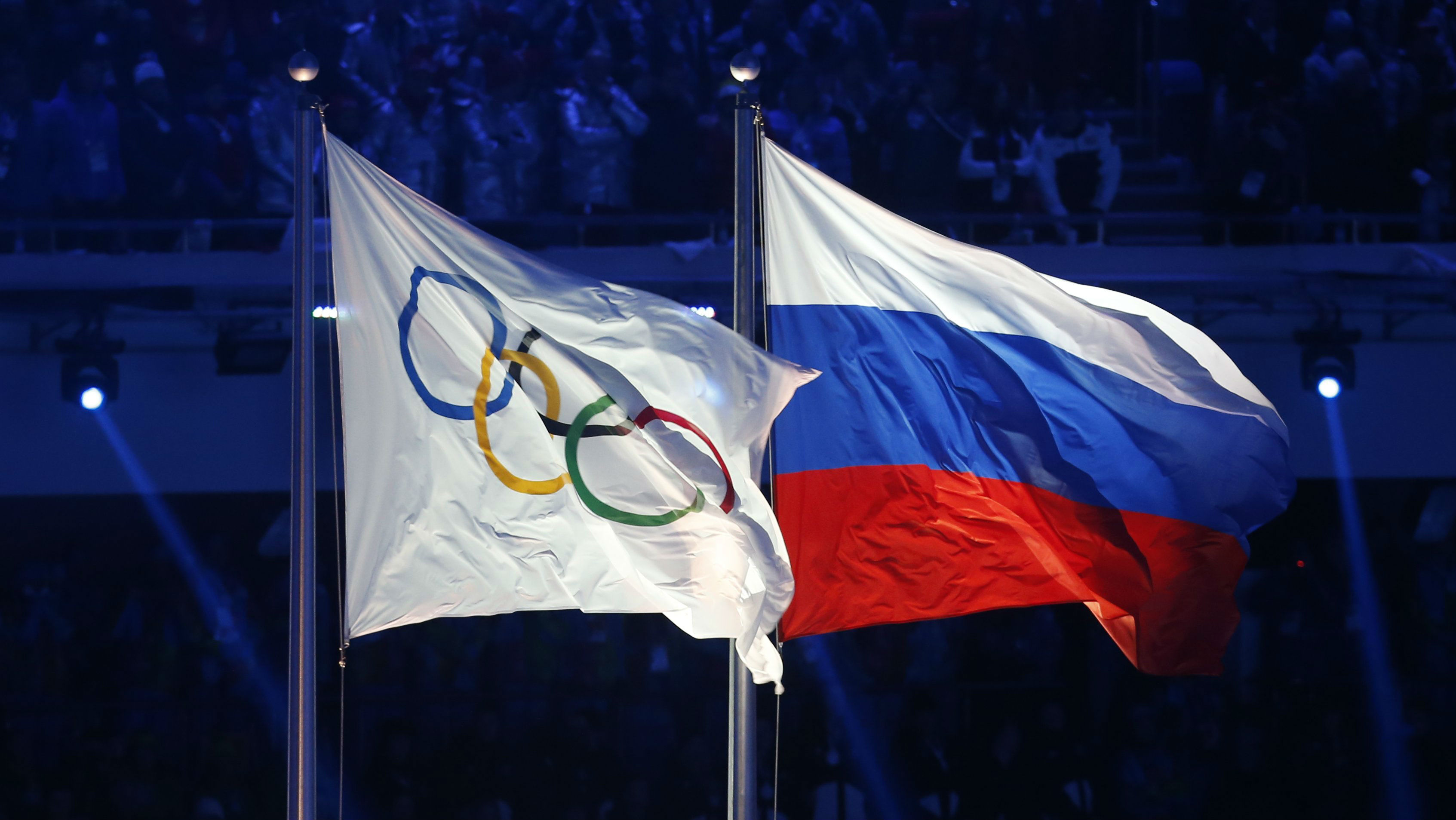
A free daily email with the biggest news stories of the day – and the best features from TheWeek.com
You are now subscribed
Your newsletter sign-up was successful
New attack by Russian hackers targets Froome and Wiggins
15 September
Russian hackers have posted the drug-testing records of more Olympic athletes including the British cyclists Chris Froome and Bradley Wiggins, both of whom have been given medical exemptions to take otherwise banned substances during their careers.
The latest hacking scandal involves information about 25 athletes from eight countries, including ten from the US, five from Germany and Great Britain, and one each from the Czech Republic, Denmark, Poland, Romania and Russia itself.
The Week
Escape your echo chamber. Get the facts behind the news, plus analysis from multiple perspectives.

Sign up for The Week's Free Newsletters
From our morning news briefing to a weekly Good News Newsletter, get the best of The Week delivered directly to your inbox.
From our morning news briefing to a weekly Good News Newsletter, get the best of The Week delivered directly to your inbox.
The other British athletes are golfer Charley Hull, rower Sam Townsend and rugby sevens player Heather Fisher.
Earlier in the week, the hackers, who call themselves the Fancy Bears, published details of medication taken by US tennis players Serena and Venus Williams and gymnast Simone Biles.
All the athletes involved had been given a therapeutic use exemption (TUE) to take banned substances and the World Anti-Doping Agency has made it clear that none of them had broken any rules.
Froome, who has admitted taking a steroid for a chest infection, said: "I've openly discussed my TUEs with the media and have no issues with the leak which confirms my statements. In nine years as a professional I've twice required a TUE for exacerbated asthma, the last time was in 2014."
A free daily email with the biggest news stories of the day – and the best features from TheWeek.com
It has been claimed that the hacking group is "linked to Russian intelligence services", reports The Times, and the leaks are revenge for the World Anti-Doping Agency (Wada) report into state-sponsored doping by Russia.
Wada has reacted furiously to the cyber attacks. "Wada has no doubt that these ongoing attacks are being carried out in retaliation against the agency, and the global anti-doping system," said Wada director general Olivier Niggli. "We condemn this criminal activity and have asked the Russian government to do everything in their power to make it stop."
Russian sports minister Vitaly Mutko has shrugged off the allegations. "How can you prove that the hackers are Russian? You blame Russia for everything, it is very in fashion now," he said.
But there could be repercussions. "Russia faces an extension of its exile from world sport over the hacking of the drug-testing records of every athlete at the Rio Olympics," reports the Daily Telegraph. "The nation was warned on Wednesday the leak of secret data by Fancy Bears had harmed its hopes of being reintegrated into the sporting community following bans imposed on it from Rio."
Russian hackers leak star athletes' medical files
14 September
Russian computer hackers have released confidential medical files of US Olympic stars including tennis players Venus and Serena Williams and teenage gymnast Simone Biles, who won four golds in Rio.
Documents published on the Fancy Bear website show that all three have taken restricted drugs, but the World Anti-Doping Agency (Wada) confirmed that none of the athletes had committed an offence as they had been granted therapeutic use exemptions (TUE).
The International Olympic Committee said it "strongly condemned" the cyber attack and that it was "clearly aimed at tarnishing the reputation of clean athletes". The organisation also confirmed that none of the athletes had violated anti-doping rules during the Rio Olympics.
Venus Williams said she was "disappointed" by the leak and insisted that she had always followed the rules and was a strong supporter of "integrity in competitive sport".
Meanwhile Biles revealed on Twitter that she had been taking medication for attention deficit disorder.
The hackers claim to be part of the Anonymous group and have promised more "sensational proof of famous athletes taking doping substances".
The leak "is regarded as a revenge cyber attack" by Russian hackers angry over the country's partial Olympic ban, reports The Times.
Some anti-doping figures told The Guardian they believed the attack was not just revenge but "an attempt by the Russian authorities to persuade their own people that the problems in their country were just as bad elsewhere".
It is the "latest twist" in the long-running doping scandal, says BBC sports editor Dan Roan.
"Although the Russian government has denied any involvement, it has always maintained that the country has been made a scapegoat for a much wider problem, and this will only add fuel to that fire."
It will also lead to more questions over therapeutic use exemptions for drugs "at a time when sport's leaders are desperately trying to restore trust".
"Many athletes will now be nervously wondering if their private medical details records are the next to be made public," adds Roan. "And with the future of Wada currently in the balance, the fact its security was so badly compromised will raise more questions over the entire anti-doping system."
Doping scandal: Why has Russia been kicked out of Rio Paralympics?
8 August
Russia's para-athletes have been banned from competing in next month's Rio Paralympics as punishment for their country's systematic violation of international doping rules.
Announcing the decision, Sir Phillip Craven, the president of the International Paralympic Committee (IPC), gave a damning indictment of the state of Russia's anti-doping programme, saying the real tragedy was "not about athletes cheating a system, but about a state-run system that is cheating the athletes".
The World Anti-Doping Agency (Wada) last month revealed the depths of state-sponsored doping in Russian sport, with the country's sports ministry manipulating urine samples provided by its athletes between 2011 and 2015.
Why have Russian para-athletes been banned?
The IPC says Russia is unable to ensure the enforcement of its anti-doping code and the world anti-doping code, which is vital to ensuring fair competition. "I believe the Russian government has catastrophically failed its para-athletes," said Craven. "Their medals over morals mentality disgusts me. The complete corruption of the anti-doping system is contrary to the rules, and strikes at the very heart of the spirit of Paralympic sport."
US Anti-Doping Agency chief executive Travis Tygart called the decision was "inspiring", while the British Paralympic Association told the BBC the IPC had taken a bold decision and congratulated it for taking a "clear stand".
What about the Olympics?
Only 118 competitors of the 389-strong Russian team have been stopped from taking part in the Olympics due to the doping scandal.
The International Olympic Committee (IOC) labelled the Wada report findings "a shocking and unprecedented attack on the integrity of sports and on the Olympics", but rejected a complete ban - a decision greeted with anger and derision by athletes and commentators. IOC president Thomas Bach claimed the partial ban protected clean athletes.
The Daily Telegraph's chief sports writer, Paul Hayward, says the IPC has "put Olympic chiefs to shame".
He adds: "Sir Philip Craven's scorching language expresses a series of burning truths that the Kremlin-dazzled IOC tried to obscure."
Can Russia appeal?
Russian officials say they will work to get the ban overturned in the Court of Arbitration for Sport ahead of the start of the Paralympic Games on 7 September. It has until 28 August to appeal the decision.
In the meantime, reports CNN, the IPC will work out how to redistribute the 267 slots originally allocated to Russian para-athletes across 18 sports.
Fury over IOC decision not to ban Russia from Rio Olympics
25 July
The International Olympic Committee (IOC) has been branded "spineless" and accused of passing the buck after choosing not to ban Russia from the Rio Games.
A damning World Anti-Doping Agency (Wada) report last week provided further evidence of state-sponsored doping throughout Russian sport. However, instead of a blanket ban, the IOC has decided individual sports federations will decide whether Russian athletes are allowed to compete.
The decision was greeted with anger and derision by athletes and commentators.
Olympic long-jump champion Greg Rutherford called it a "spineless attempt to appear as the nice guy to both sides", while six-time Olympic track cycling champion Sir Chris Hoy tweeted: "Surely IOC's job is to make crucial decisions rather than passing the buck."
Olympic rowing legend Sir Matthew Pinsent accused the IOC of a "cop out".
Wada president Dick Pound said the IOC had "squandered" an opportunity to send a clear message about cheating and that the decision showed there was "zero tolerance for doping, unless it’s Russia”.
Media observers were even more forthright.
"There have been some shameful episodes in the International Olympic Committee’s long history, but none more cowardly than its decision to allow Russia to send a team to next month’s Games in Rio de Janeiro," said Martyn Ziegler of The Times.
"We can be sure that there are other countries in the world whose governments are similarly enmeshed in the cynical pursuit of glory by enforcing a culture of doping. Sadly, shamefully, the message now is if you get caught you will not suffer as a country."
The decision was down to "global politics and sport's utter subservience to money", says Paul Hayward of the Daily Telegraph. "The whole judgment has the look of cop-out designed by people with only one real aim in mind: to keep Russia in the opening ceremony at Rio, and avoid a confrontation with Putin.
"The white flag of capitulation flies over the International Olympic Committee," he adds.
And spare a thought for the individual sporting bodies who now have less than a fortnight to clear up the mess, who Hayward says have been given a "monumental hospital pass".
They now have "12 days to run through the legal minefield of considering each Russian case", he writes. "Many will lack the staff, legal-back up and resolve to deal with this legal landslide before the Rio opening ceremony."
The result of the IOC decision is "obfuscation, confusion and chaos" compounded by the baffling decision not to let whistleblower Yuliya Stepanova compete under a neutral flag, says Owen Gibson of The Guardian.
The 800m runner, who was banned for two years in 2013, lifted the lid on the Russian doping programme in 2014 and, having served her ban, was due to compete in Rio as a neutral athlete. However, the IOC has ruled that no Russian who had previously been banned will be able to enter the Games.
"That not only created a clanging inconsistency with other countries whose previously banned athletes will not be similarly affected – the American sprinter Justin Gatlin among them – but created the unfortunate impression that perhaps the most significant whistleblowers in sporting history had been chucked under a bus in favour of placating Vladimir Putin," says Gibson.
The whole episode is "farcical", says Matt Lawton the Daily Mail. The "toothless" and "spineless" decision-makers have "destroyed the Olympics", he adds.
"We should not be entirely surprised by the IOC's failure to issue a blanket ban on Sunday. As Fifa, the IAAF and cycling's UCI have demonstrated in recent years, the major international governing bodies cannot be trusted to run their own sports.
"Even the World Anti-Doping Agency has failed sport on this one because too little has been done far too late to tackle a doping problem that goes way beyond Russia's borders."
IOC reveals 45 positive tests from London and Beijing Olympics
22 July
As the International Olympic Committee (IOC) decides whether to throw Russia out of the Rio Games over its state-sponsored doping programme, more evidence of widespread cheating has emerged.
Forty-five athletes tested positive for banned substances following further analysis of samples from the London and Beijing Olympics.
Fifteen on the positive tests came from athletes at the London Olympics in 2012, while 30 belonged to competitors at the 2008 Games, 23 of whom won medals, says the IOC.
The latest revelations mean that the number of athletes who have failed doping tests during the reanalysis period now stands at 98. None of the athletes is thought to be from the UK, but it has tarnished the image of the previous two Olympics on the eve of the 2016 event.
"The memory of Britain's greatest sporting summer is slowly being eroded by the damning results of doping tests carried out using the latest scientific methods on samples taken during London 2012," says the Daily Telegraph.
"The total number of athletes found to have committed doping offences at the [London] event now stands at 77 with the latest wave of 15 joining 23 who were retrospectively caught out earlier this year and 39 who had already seen their results annulled for drug offences."
IOC president Thomas Bach said the retesting programme proved "the commitment of the IOC in the fight against doping".
It is against that backdrop that the IOC will meet to make a decision on Russia's participation in the Games this weekend.
On Thursday, the court of arbitration for sport upheld the IAAF decision to ban Russian athletes from the Rio Olympics due to doping violations and a World Anti-Doping Agency report earlier this week alleged state-sponsored doping by Russia centred around the 2014 Sochi Winter Olympics.
"And there is set to be more bad news on the way with more samples from Beijing and London - specifically aimed at medal winners - set to be conducted throughout and beyond the Rio Games," warns The Guardian.
Russia Olympic exile closer as court upholds IAAF doping ban
21 July
The prospect of Russia being thrown out of the Olympic Games altogether appears closer than ever after the Court of Arbitration for Sport (CAS) upheld the ban imposed on its track and field athletes after the doping scandal first came to light.
Last November's decision by the athletics governing body, the IAAF, prompted a group of 68 athletes, including pole vaulter Yelena Isinbayeva, to appeal in what the Daily Telegraph calls "a last-ditch bid to have their ban overturned in time to compete in Rio".
However, the court found against them and Russia will not be allowed to send track and field competitors to the Olympics.
"Since the national federation governing athletics in Russia, is currently suspended from IAAF membership, its athletes... are ineligible for competitions held under IAAF rules," said the court. "As a consequence, the CAS Panel confirmed that the Russian Olympic Committee is not entitled to nominate Russian track and field athletes to compete at the Rio 2016 Olympic Games."
New evidence shows the doping programme was even more widespread that initially thought. It was outlined in a damning new report commissioned by the World Anti-Doping Agency (WADA) and released this week, which has increased pressure on the International Olympic Committee (IOC) to throw all Russian competitors out of the Games.
A decision is expected to be made this weekend.
"The IOC has said the CAS ruling will help shape its decision whether to ban Russia entirely from Rio over an investigation which accused Russia of rampant state-backed doping at the 2014 Sochi Winter Olympics and other major events," says The Times.
Russia has reacted angrily to the court's decision, adds the paper. Sports minister Vitaly Mutko argued the decision was "political" and hinted of further legal action, although, with the Games due to start on 5 August, time is short.
IAAF president Lord Coe said: "While we are thankful that our rules and our power to uphold our rules and the anti-doping code have been supported, this is not a day for triumphant statements.
"I didn’t come into this sport to stop athletes from competing. It is our federation’s instinctive desire to include, not exclude."
Doping scandal: Will the IOC let Russia compete at Rio 2016?
20 July
Russia's participation in next month's Olympic Games is hanging in the balance as the International Olympic Committee awaits legal advice and the result of another court case before deciding whether the country should be thrown out of the Games in the wake of the latest report into state-santioned doping.
The World Anti-Doping Agency's latest report accused Russia of sabotaging the Sochi Winter Olympics in 2014 and is now leading calls, echoed by many other nations, for all Russian athletes to be banned from Rio.
However, the IOC says it must wait for legal advice before making a decision on Russia's participation, which is not expected until Friday.
The body is also waiting for the result of an appeal to the Court of Arbitration for Sport over an earlier ban on Russia's track and field athletics team. They were barred from international competition, including the Olympics, by the International Association of Athletics Federations following earlier revelations about Russian doping.
The IOC executive board held a four-hour conference call yesterday to discuss the crisis, but The Guardian claims that "senior sports figures" fear the IOC is trying to find a compromise that would allow some Russian athletes to be present when the Games begin in just two weeks time.
But in what the Daily Telegraph called a "humiliating blow" to Russian president Vladimir Putin and his Sochi 2014 Winter Olympics the IOC has demanded that every Russian doping sample from the event is retested.
The Games, which cost Russia $51bn to stage, were hailed as a triumph for the host nation after it topped the medals table, but this week's McLaren report claims that there were mass cover-ups and faked negative tests at the event.
You will find more statistics at Statista
But despite the opprobrium being poured on Russia the country is far from contrite. The BBC's Richard Conway says: "Russia will not take any decision about a blanket ban lying down. They want to be at the Olympics. It would be a national humiliation for them not to be. They are sporting superpowers, so they will fight on to try to make sure their athletes are there next month."
With the scope of the doping issues appearing to broaden with every passing day, questions have also been asked about Russia's suitability to host the 2018 football World Cup, with Sean Ingle writing in the Guardian that the event "would undoubtedly provide Russia with enormous prestige – a prestige it surely should now be denied."
Infographic by www.statista.com for TheWeek.co.uk.
-
 5 cinematic cartoons about Bezos betting big on 'Melania'
5 cinematic cartoons about Bezos betting big on 'Melania'Cartoons Artists take on a girlboss, a fetching newspaper, and more
-
 The fall of the generals: China’s military purge
The fall of the generals: China’s military purgeIn the Spotlight Xi Jinping’s extraordinary removal of senior general proves that no-one is safe from anti-corruption drive that has investigated millions
-
 Why the Gorton and Denton by-election is a ‘Frankenstein’s monster’
Why the Gorton and Denton by-election is a ‘Frankenstein’s monster’Talking Point Reform and the Greens have the Labour seat in their sights, but the constituency’s complex demographics make messaging tricky
-
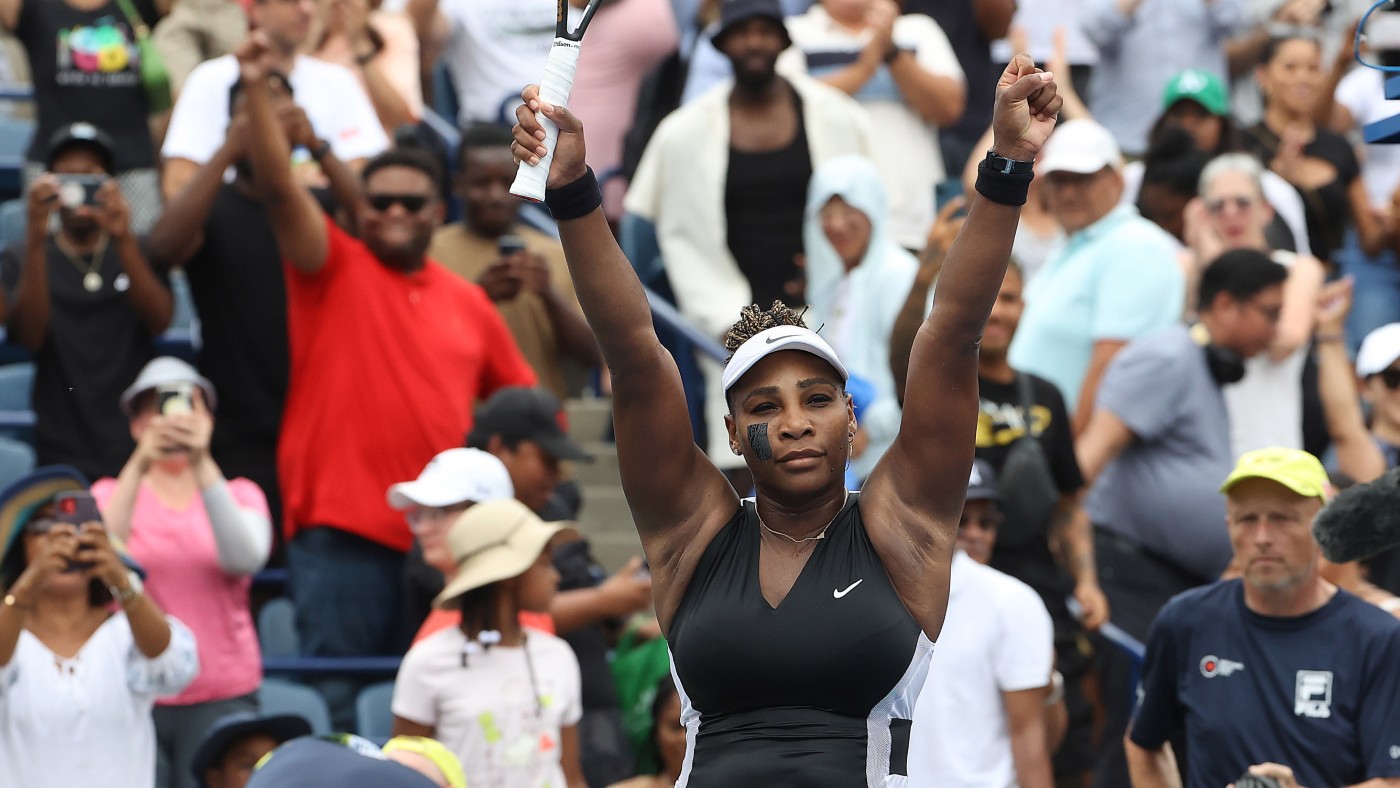 Serena Williams and her ‘evolution’ away from tennis
Serena Williams and her ‘evolution’ away from tennisIn the Spotlight The 23-time grand slam champion is set to retire after the US Open
-
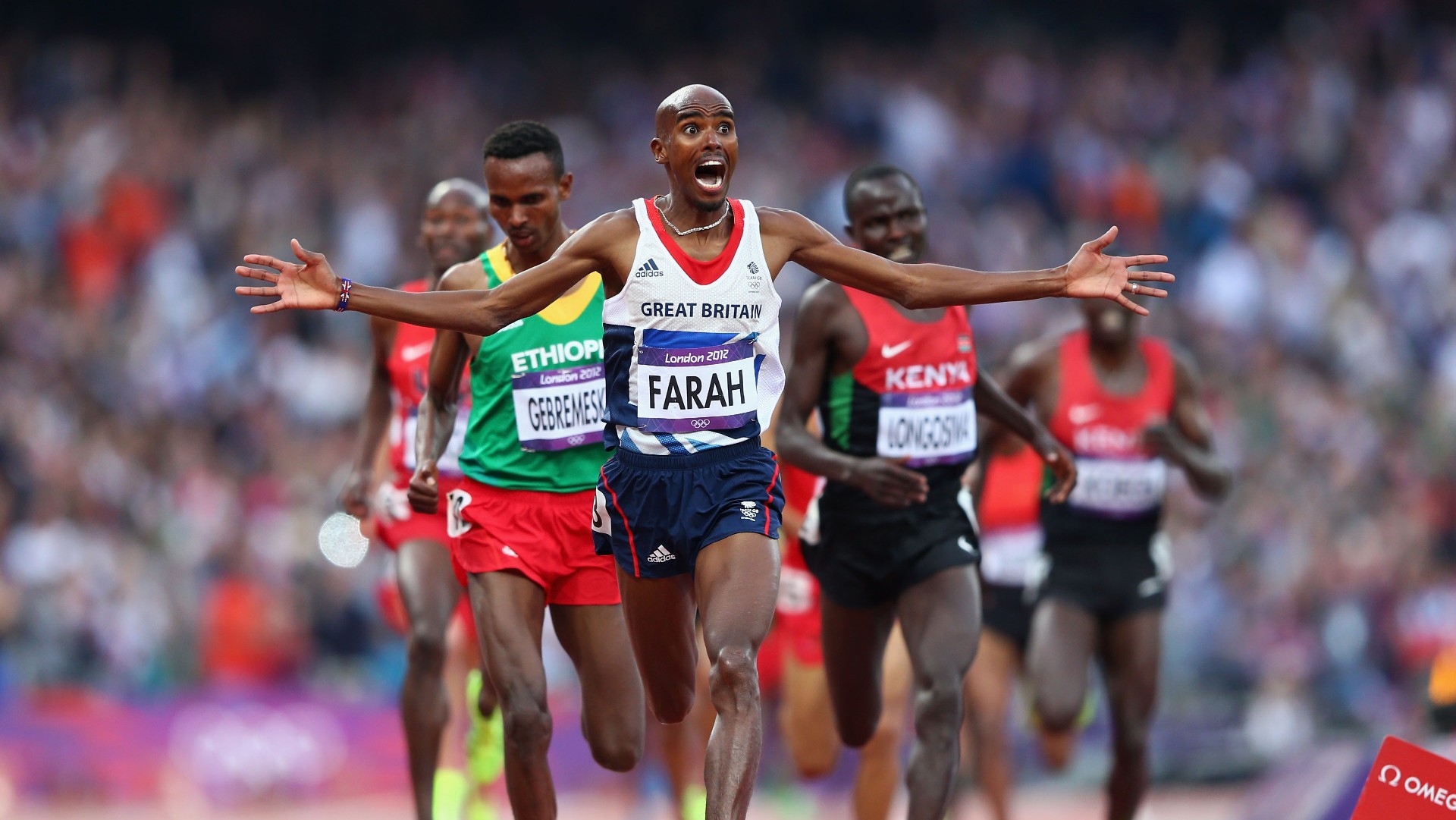 Mo Farah reveals ‘astonishing truth’ about his real name
Mo Farah reveals ‘astonishing truth’ about his real nameSpeed Read Olympic champion illegally trafficked to UK and forced into domestic servitude as a child
-
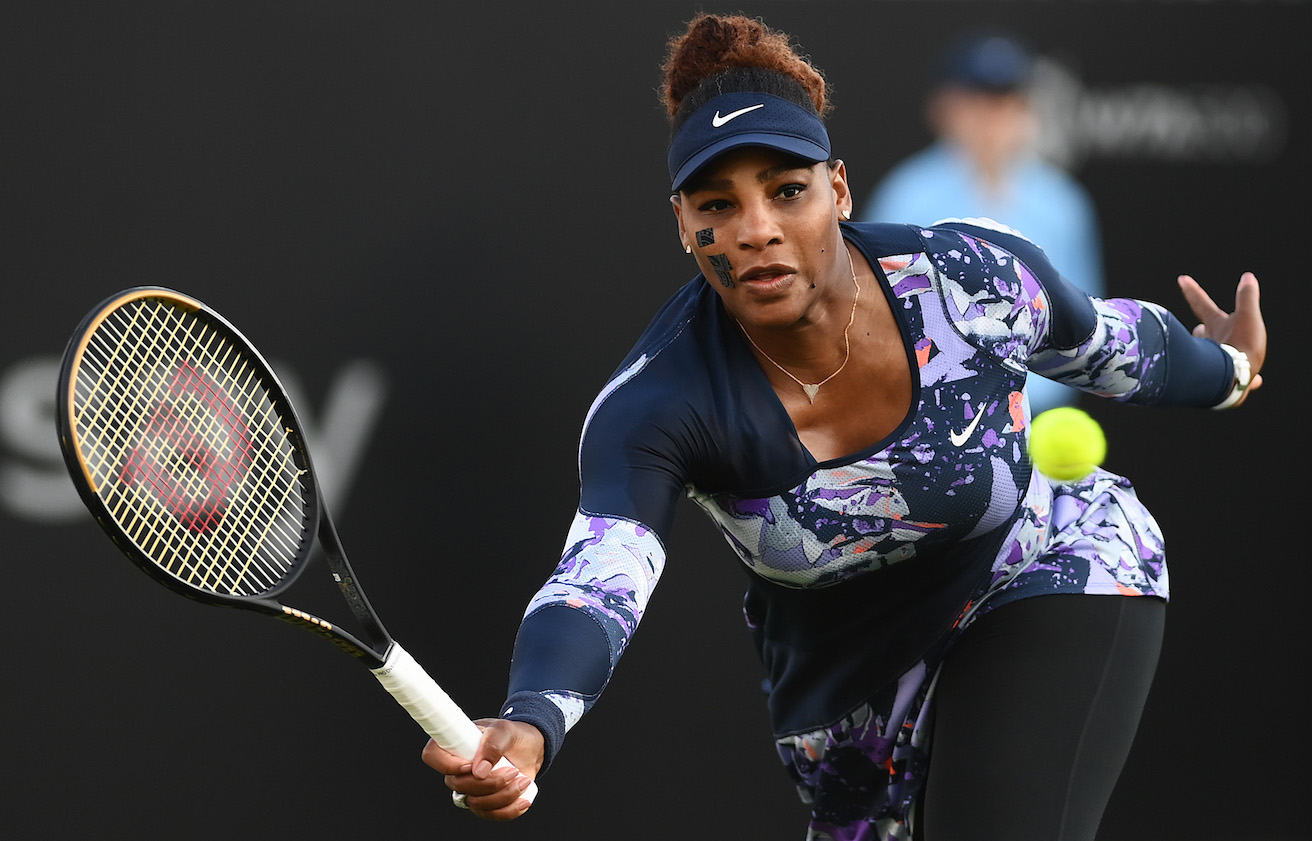 What has Serena Williams been doing?
What has Serena Williams been doing?In the Spotlight The tennis great made a surprise return to the court this week after a year away
-
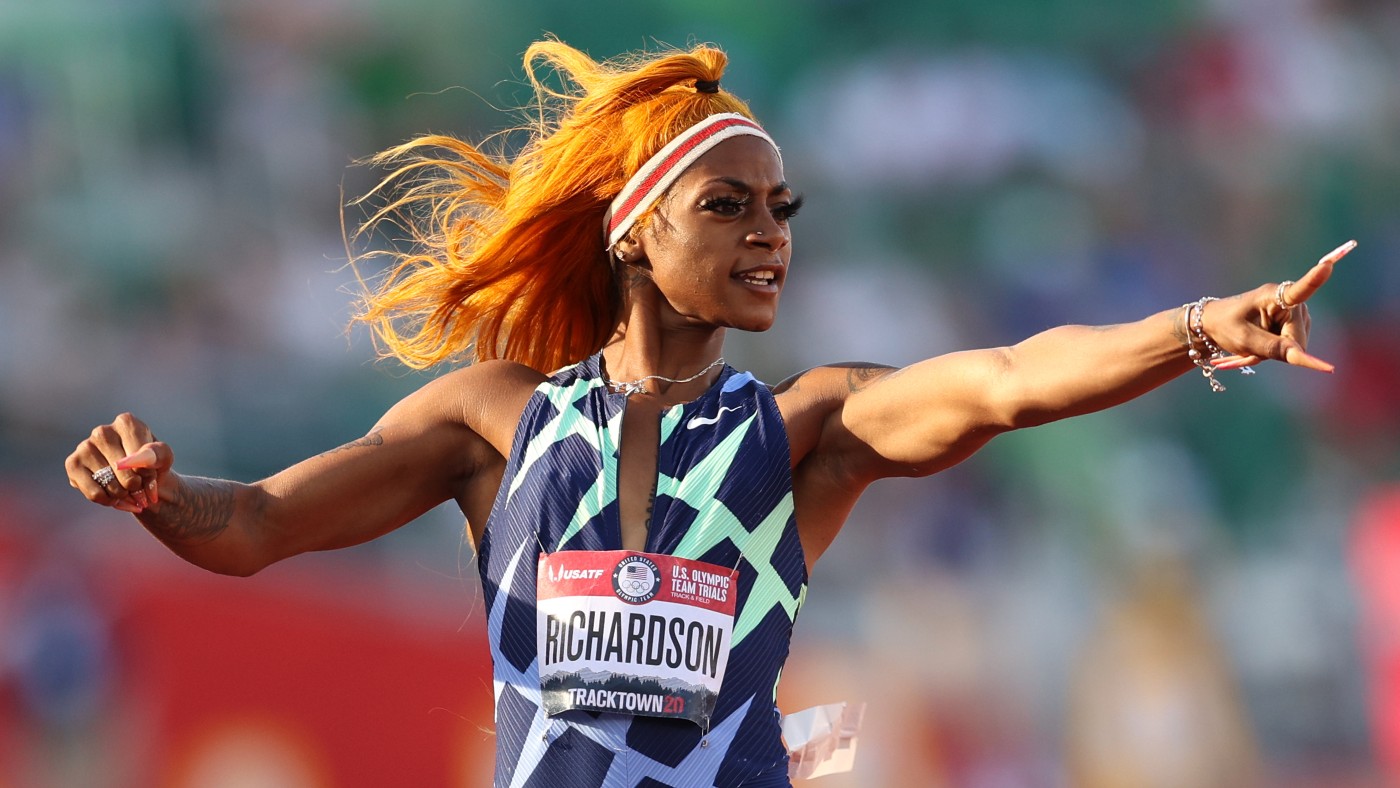 Doping in sport: should cannabis be on the list of banned substances?
Doping in sport: should cannabis be on the list of banned substances?feature World Anti-Doping Agency will launch a scientific review next year
-
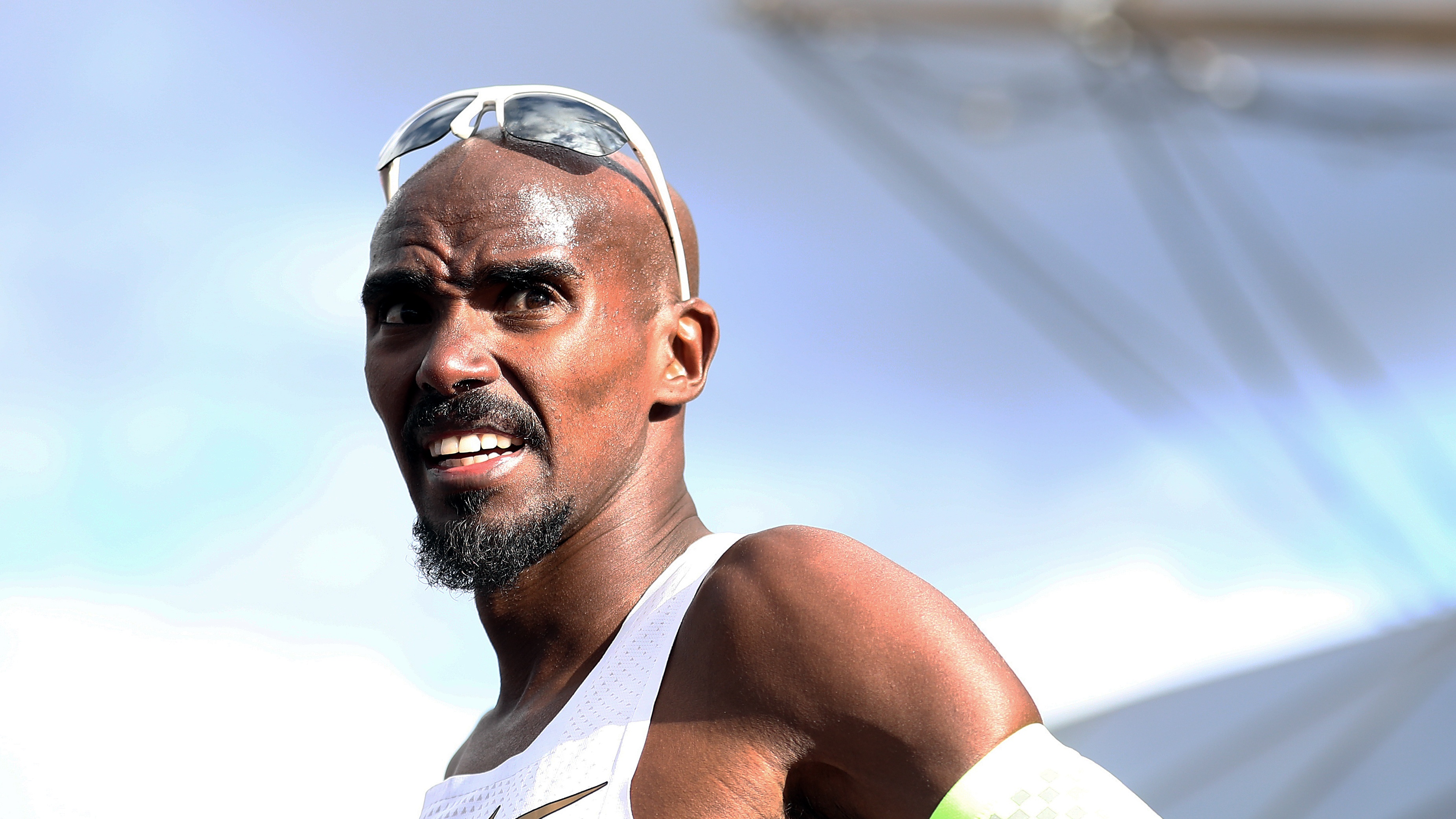 Mo Farah injection allegations: what is the reaction?
Mo Farah injection allegations: what is the reaction?Speed Read Panorama claims athlete changed story over performance-enhancing supplement
-
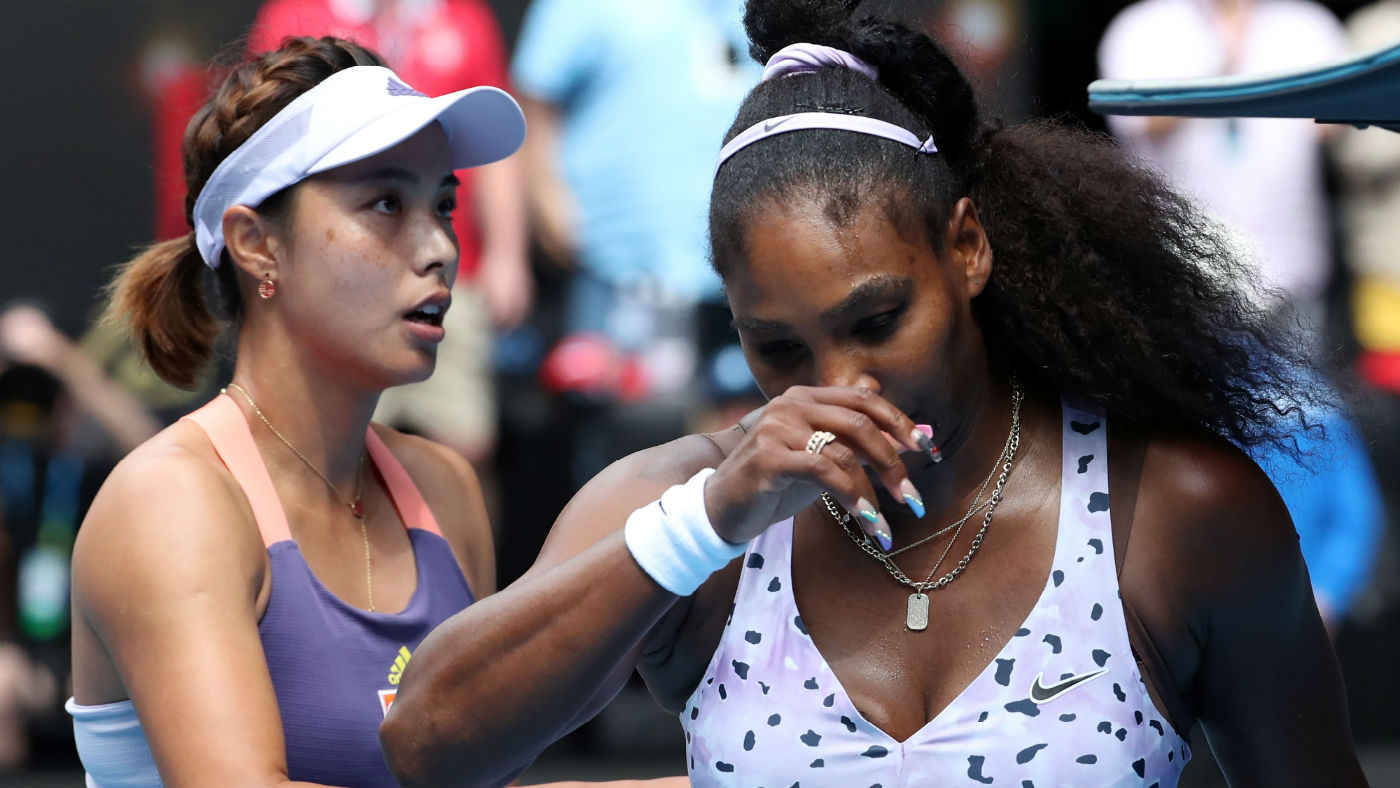 ‘It’s unprofessional - it’s not cool’: Serena Williams shocked at Australian Open
‘It’s unprofessional - it’s not cool’: Serena Williams shocked at Australian OpenIn Depth China’s Wang Qiang takes advantage of American’s mistakes in Melbourne
-
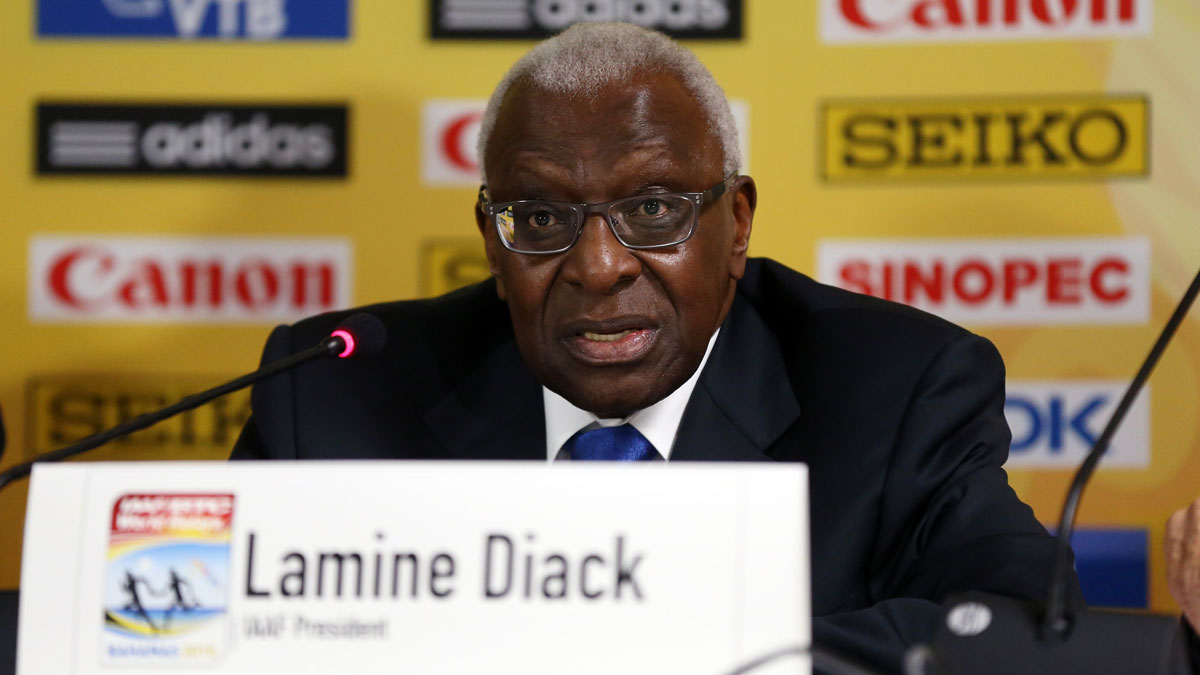 Sports shorts: disgraced athletics chief Lamine Diack goes on trial, Patrick Mahomes inspires Chiefs
Sports shorts: disgraced athletics chief Lamine Diack goes on trial, Patrick Mahomes inspires ChiefsDaily Briefing Ten things from the world of sport on Monday 13 January
-
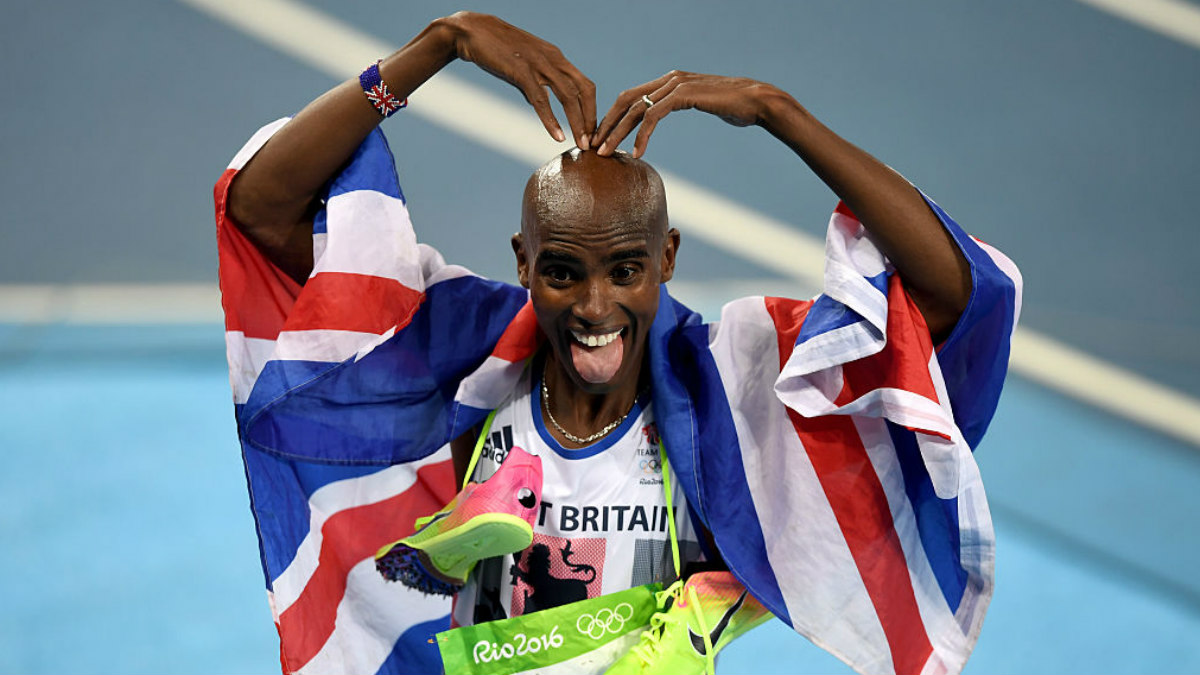 Sport shorts: Mo Farah to defend Olympic 10,000m title and Freddie Ljungberg takes temporary charge at Arsenal
Sport shorts: Mo Farah to defend Olympic 10,000m title and Freddie Ljungberg takes temporary charge at ArsenalSpeed Read Ten things from the world of sport on Friday 29 November
